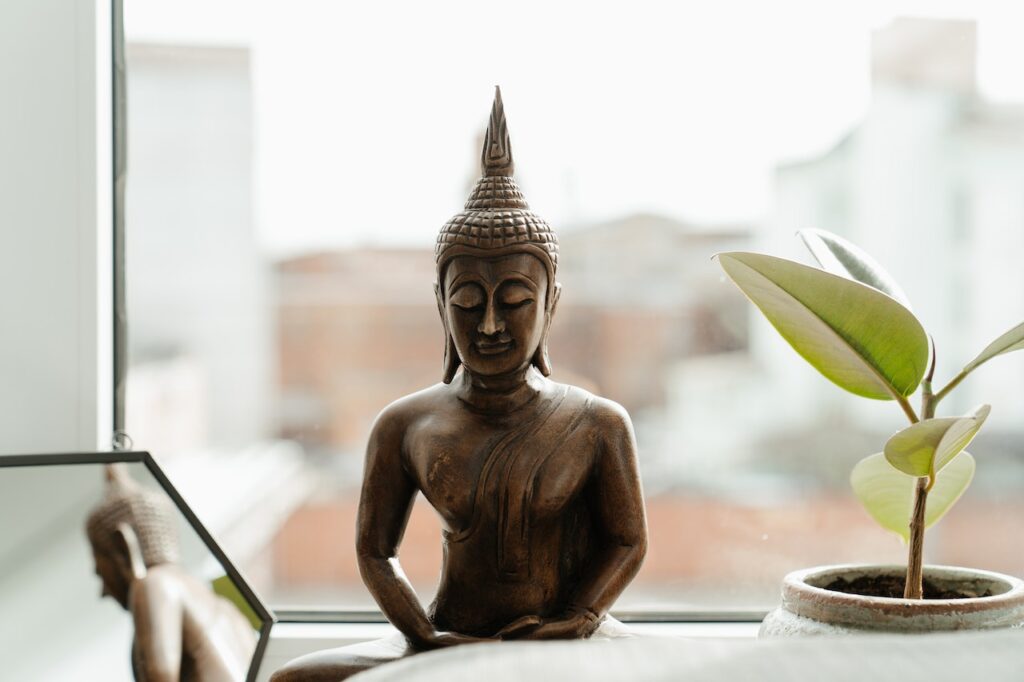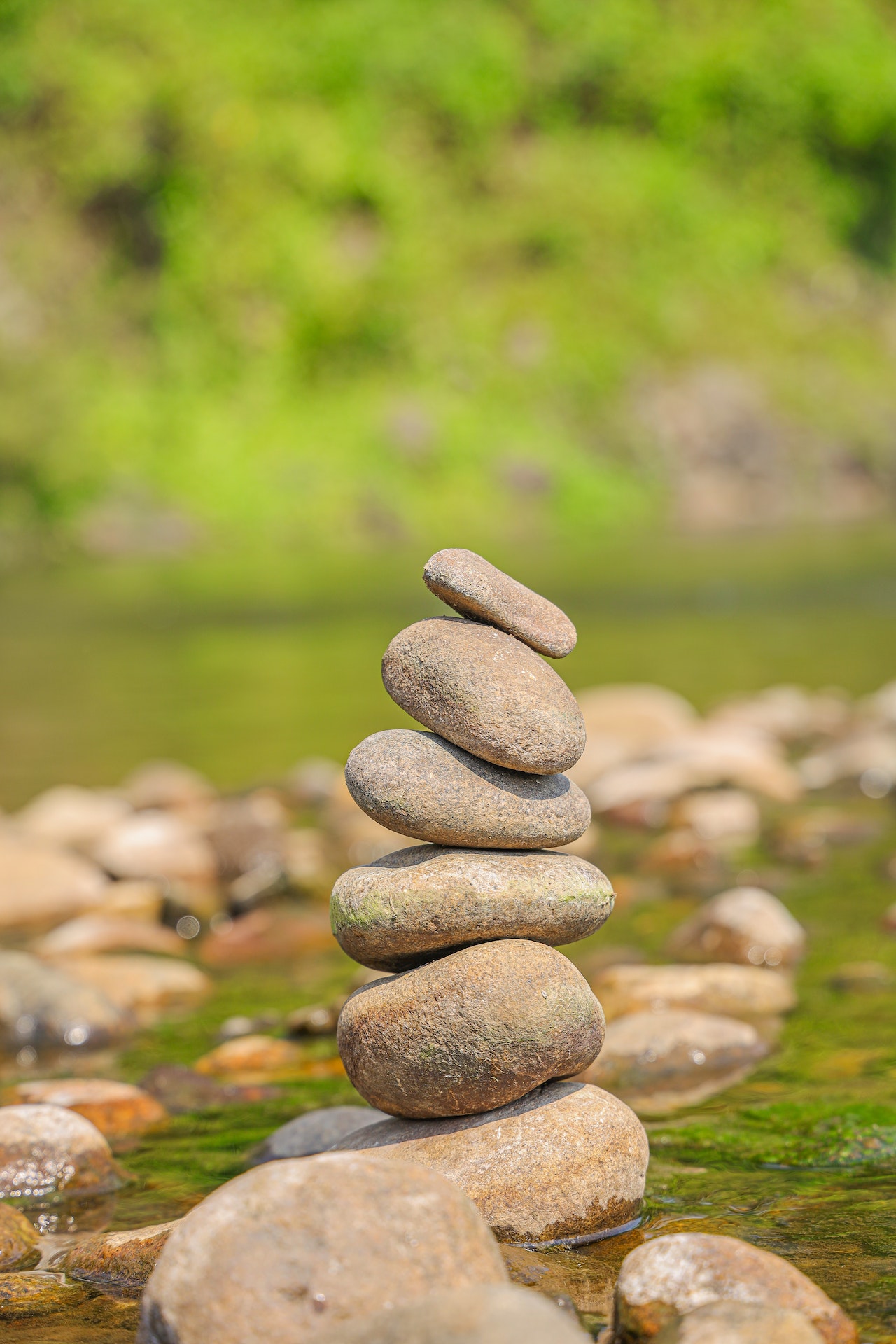Patience is a virtue that takes time and effort to cultivate. In our fast-paced world filled with instant gratification, practicing patience can be challenging. However, being patient has many benefits – it can reduce stress, improve relationships, and lead to greater success and happiness. With commitment and practice, anyone can become more patient. Here are 12 effective ways to cultivate greater patience in your life.

What is Patience?
Before diving into ways to become more patient, let’s first define what patience means. Patience is the ability to wait calmly in the face of frustration or adversity. It means controlling your emotions and impulses in order to accept delays or obstacles without becoming annoyed or anxious.
Patience is closely related to concepts like perseverance, resilience, and self-control. However, patience specifically refers to how you handle waiting – whether you’re stuck in traffic, in a long line, or waiting for an outcome.
Cultivating patience leads to important skills like:
- Impulse control
- Delayed gratification
- Tolerance of uncertainty
- Acceptance of situations outside your control
Practicing patience brings many benefits:
- Reduces stress and anxiety
- Improves relationships
- Allows better problem-solving
- Increases self-discipline and emotional intelligence
- Achieves goals and success
Why Develop Patience?
In today’s fast-paced, instant gratification-driven world, patience often feels in short supply. We get frustrated if our computer is slow, if our Amazon order takes more than 2 days to arrive, or if we have to wait in line at the store.
However, there are many excellent reasons we should all strive to cultivate greater patience:
Reduces Stress
Impatience and irritability significantly contribute to stress. The inability to tolerate delays or cope with frustrations triggers the body’s stress response. This leads to elevated cortisol, the “stress hormone”, which causes wear and tear on the body over time.
Practicing patience eases this stress response. It allows you to wait calmly rather than reacting emotionally. Reduced stress promotes better health, productivity, and happiness.
Strengthens Relationships
Love, friendship, and work relationships require mutual patience. When you demonstrate patience with someone’s flaws or mistakes, it conveys respect and care. It allows trust and understanding to grow. Impatience and criticism will slowly erode relationship satisfaction.
Patient people have better relationships. Their loved ones feel accepted and supported. Co-workers and employees are more motivated and collaborative. Patience helps build strong bonds.
Improves Problem-Solving
Patience is essential for effectively solving problems. Impatient people struggle to thoroughly gather information, carefully assess options, or thoughtfully develop solutions. Their impatience leads to impulsive and flawed decisions.
Patiently working through problems leads to better solutions. You identify root causes, brainstorm creative options, and thoughtfully evaluate choices. Taking quick action may provide temporary relief but patient problem-solving brings long-term success.
Achieves Goals
Significant goals require persistence, self-discipline, and patience. Whether you want to lose weight, advance your career, or save for a house, progress takes time. An impatient mindset demands instant results, leading to frustration and surrender when success is not quick.
With patience, you stay focused and motivated until you achieve your goals, no matter how long it takes. Patience gives you the tenacity to keep trying and learning amid obstacles and setbacks.
Increases Happiness
Research has found strong links between patience and overall happiness and life satisfaction. Patient people report feeling more gratitude, hopefulness, and contentment with life.
When you cultivate patience, you’re less bothered by annoyances or delays. You have an optimistic, calm outlook even when things don’t go your way. This equanimity and resilience is a key foundation for lasting wellbeing.
12 Ways to Become More Patient
Cultivating patience takes time and commitment. Try implementing these 12 tips to train your mind and behavior to become more patient:
1. Commit to a regular meditation practice
Meditation is mental training for patience. Sitting quietly while noticing and accepting distractions builds patience muscles. Starting each day with a meditation session sets the tone for calm equanimity. Apps like Calm, Headspace and Insight Timer provide guided meditations. Start with just 5 minutes daily and gradually increase.
2. Notice impulsive urges throughout the day
When you feel a strong urge to act or react quickly, pause. Notice the physical sensations of impatience – fidgeting, tension, frustration. By increasing awareness, you can consciously choose patience instead of impulsively reacting.
3. Set a reminder to pause and breathe
Use phone alerts, post-it notes or a watch timer to prompt yourself to pause throughout the day. Take 3 slow deep breaths. This quick reset eases tension and frustration, restoring perspective and patience.
4. Cultivate curiosity during delays
Rather than grumbling impatiently about delays, get curious. Notice the thoughts and physical sensations arising. Observe other people’s reactions. Engage your senses – what do you see, hear, smell? Curiosity creates psychological distance from impatience.
5. Challenge exaggerated thoughts
Impatient thinking frequently involves exaggerated assumptions like “This is awful/terrible/unacceptable.” Challenge these thoughts. Are they really true? What’s the worst and best case scenario? Replace exaggerated thoughts with more balanced ones.
6. Practice waiting without distraction
Often we immediately pull out our phones when we have to wait. Instead, practice waiting patiently without doing anything. Sitting with boredom and uncertainty builds patience muscles. Start with just 1-2 minutes of waiting without distractions.
7. Learn something new that requires patience
Take up hobbies requiring patience like gardening, knitting, coding or baking. The gradual learning process expands your patience skills. Notice if impatience arises and keep practicing.
8. Imagine you’re waiting on behalf of someone else
Research shows we’re more patient when waiting for others vs ourselves. Next time you’re stuck in a long line, vividly imagine you’re waiting for a friend or loved one. Notice if this mindset shift reduces frustration.
9. Emotionally prepare for waiting periods
Before situations likely involving waiting – doctor’s appointments, restaurants, airport security – mentally prepare. Visualize yourself calmly waiting without frustration. Emotionally readiness increases patience.
10. Appreciate cultural perspectives on patience
Some cultures place greater emphasis on patience, like Japan’s concept of ???gaman??? (enduring adversity with patience, dignity and fortitude). Studying different cultural perspectives inspires greater patience.
11. Set daily patience goals
Establish concrete daily goals like, “I will patiently wait 10 minutes before re-checking my email today” or “I will calmly listen without interrupting 3 times”. Track whether you achieve your goals. Success builds patience momentum.
12. Make impatience more effortful
Increase the activation energy for impatience – make it inconvenient to react quickly or complain about delays. For example, delete fast food delivery apps forcing you to cook. Unfollow social media accounts that trigger impatience. Add friction to make patience easier.

Common Roadblocks and How to Overcome Them
Practicing patience often feels unnatural at first. Old impatient habits persist and roadblocks arise. Anticipating common challenges and mindfully addressing them helps embed more patient behaviors.
Difficulty staying focused
Our minds are easily distracted and patience requires sustained focus despite boredom or uncertainty. When you catch your mind wandering, gently return focus to the present moment. Regular meditation strengthens concentration skills.
Forgetting long-term vs short-term reward
It’s hard to be patient when we forget the long-term benefits – we get drawn into seeking quick relief or gratification. Post reminders of your goals and values. Schedule reminders on your calendar of future rewards for patience.
Lack of role models
We need examples of patience in action to inspire our own practice. Seek out patient mentors, leaders, historical figures. What attitudes and behaviors exemplify their patience? Imagine how they would respond in situations triggering your impatience.
Feeling entitled to fast results
Societal messages that we deserve instant gratification at all times feed impatience. Check if these exaggerated entitlement beliefs are valid. Remind yourself rewards require sustained effort over time. Patience brings deeper fulfillment.
Physical or mental overwhelm
Frustration reduces our capacity for patience. Ensure you’re getting sufficient rest, nutrition and down time to regularly recharge. Be compassionate with yourself on extra challenging days. Seek support if needed.
Lack of collaborative support
Patience is difficult to sustain alone – teamwork makes the dream work! Surround yourself with patient role models, mentors and cheerleaders to reinforce staying power. Join or build a community to collaboratively cultivate patience together.

Key Takeaways on Cultivating Patience
- Patience is the ability to wait calmly despite frustration or adversity. It brings important benefits like reduced stress, better relationships, achieved goals and increased happiness.
- Patience can be learned and strengthened with commitment and practice. Implement tips like meditation, coping with delays mindfully, challenging exaggerated thoughts, and changing behaviors that enable impatience.
- Roadblocks will arise on your patience journey – getting distracted, forgetting long-term rewards, lacking role models and community support. Anticipate challenges and mindfully persist.
- Consistently applying patience strategies creates sustainable change. Start small if needed, be compassionate with yourself, and build up self-discipline and emotional resilience over time.
- Patience helps you achieve significant success and contentment in life. Keep going – the most worthwhile goals require persistence, self-control and patience!
Frequently Asked Questions about Patience
How long does it take to become more patient?
There is no set timeline – cultivating patience is an ongoing, lifelong process. With commitment, you can start experiencing some benefits like reduced daily stress within a few weeks. But impatience may still arise in certain situations. Sustained practice over months and years gradually embeds patience more deeply.
What are quick ways to be more patient now?
Some immediate tips for patience include taking a few deep breaths, adopting a compassionate mantra like ???this too shall pass???, and visualizing yourself calmly waiting. Prepare yourself mentally for situations requiring patience. Notice rising frustration and choose a purposeful response rather than reacting automatically.
Why is impatience harmful?
Impatience causes unnecessary stress to ourselves and creates problems in relationships. It leads to impulsive, flawed decisions rather than thoughtful solutions. Impatience prevents us from achieving meaningful, rewarding goals that take sustained effort over time. It erodes health, happiness and success.
How can I practice patience with my kids?
Kids often test parents’ patience the most! Remember your child’s behavior is normal developmental learning. Calmly explain reasons for rules and consequences. Empathize with their emotions and frustrations even when correcting them. Praise any small acts of patience and self-control. Lead by patient example.
What if I’ve tried but still struggle with patience?
Persist. Change takes repetition over time. Reflect on what patience strategies work well for you vs what isn’t effective. Enlist support from mentors, coaches or communities. Seek advice from naturally patient friends on their mindsets and behaviors. Address any underlying health issues or unhelpful beliefs sabotaging you.
Patience enables thriving relationships, productivity, resilience, health and happiness. Keep practicing – the rewards are well worth the required effort!
More Articles
- The Secret to Being Content: 10 Ways to Achieve Inner Peace
- Living Life to the Fullest: 10 Tips for Finding Fulfillment and Happiness
- 31 of the Best Pieces of Advice to Live By
- Top 10 Tips for Getting Healthy in 2023
- Inspirational Quotes for Daily Motivation
- 10 Proven Ways to Improve Your Focus and Concentration
- The Most Effective Morning Routine to Increase Your Productivity
- How to Make 2023 the Best Year of Your Life
Images from – Pexels

